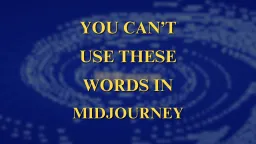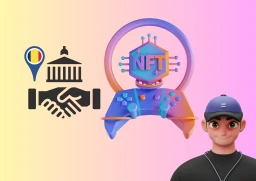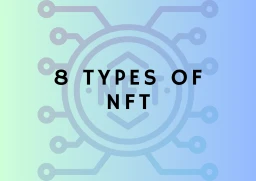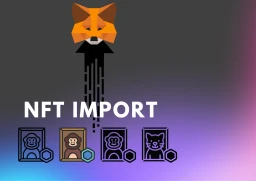Apple Changes its NFT Policy- Solana and Ethereum React
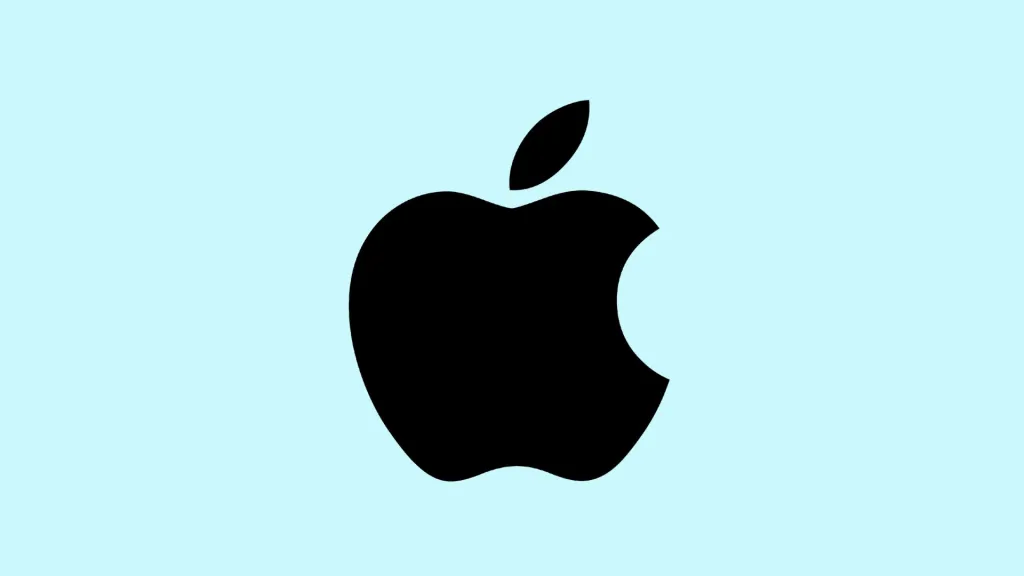
This week, Apple Inc. changed its policies about how customers can utilize non-fungible tokens (NFTs) in the App Store. The update is written in a customary bombastic tone focused on consumer protection. However, the NFT industry may be significantly impacted by the developments. a combination of good and unpleasant occurrences, as well as some blatantly awful ones to deal with. This would affect Solana and Ethereum drastically, read more about the change in Apple’s NFT Policy in this Article!
Change in the Apple’s NFT Policy
The one topic receiving the most attention is Apple’s decision to take a 30% cut of all in-app NFT transactions. Yes, it is now possible to buy and trade NFTs inside of apps, although Apple will charge a 30% transaction fee for each transaction. In the computer community, this “tax” has long been a major cause of dispute. This has been the subject of legal disputes, and even Elon Musk has expressed his opinion. Some designers and creators believe that this 30% levy could endanger the NFT app industry.
Solana has already come forth and stated that it will oppose this 30% tax. Let’s use Magic Eden, the leading Solana NFT market, as an example to observe how this plays out in real life. You can currently get the Magic Eden app from the App Store. You can browse through all the top NFT projects and collections once Magic Eden is launched on your iPhone. However, you cannot currently make any purchases with the Magic Eden app. If you find an NFT you want to purchase, you must visit the Magic Eden website where a far more reasonable 2% transaction cost will be assessed.
The Controversy around it
Apple’s decision to forbid the use of cryptocurrencies as a method of payment for any NFTs has also generated much controversy. This goes against the fundamental tenet of NFTs in many respects. For NFT collectors, cryptocurrency has typically been used to purchase NFTs. You may see the price of NFTs quoted in ETH, not USD, when you visit OpenSea, the largest Ethereum NFT marketplace. When you visit Magic Eden, the price of NFTs is displayed in SOL rather than US dollars.
However, Apple’s move to forbid crypto payments may make NFTs simpler for the average user to understand. Most people don’t naturally say something like, “On my Bored Ape NFT, I recently scored a deal. It cost me only 75 ETH.” Apple is simply attempting to make NFTs simpler for the average user, as some people have noted. Why shouldn’t you pay for your digital NFTs in dollars as you do for your digital music?
De-facto Ban on NFTs
When it comes to the kinds of NFTs that people will be able to engage in, things become more constrained. For the time being, it appears as though Apple has de facto banned utility NFTs, or NFTs that come with added features, advantages, or rewards. Simply said, these NFTs are valuable because they have additional bells and whistles that go beyond being lovely photos. In its NFT policy, Apple makes it clear that NFTs are not permitted to unlock other “features or capabilities.”
The play-to-earn (P2E) games, offer the chance to earn or obtain in-game assets while playing the game. These may be the ones that stand to benefit the most from this. NFTs are frequently used for these in-game resources. The Ethereum NFT ecosystem would appear to be the most affected by this Apple regulation. This is because Ethereum is widely regarded as the best blockchain for P2E gaming.
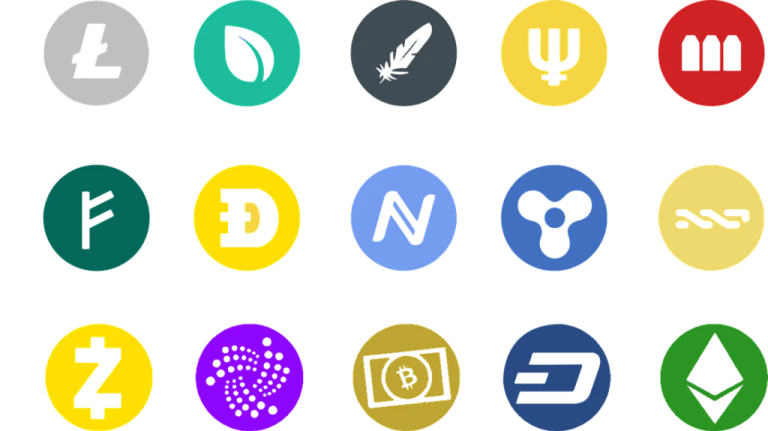 Solana, Ethereum and the NFT Policy
Solana, Ethereum and the NFT PolicyConsequences of the Change in the NFT Policy
Currently, it appears like Apple may be attempting to take the lead in the mobile NFT industry. Apple wants your NFT to be on an iPhone if you currently own one. Apple wants you to use an iPhone if you are purchasing NFTs on the primary market or trading NFTs on the secondary market. Naturally, with this change in the NFT Policy, Apple will also keep a sizable portion of each and every transaction. Genius!
Solana believes it has a brilliant solution for all of this, including the first-ever crypto phone, in the form of a new “mobile crypto” strategy. The release of the next Saga phone is anticipated during the first quarter of 2023. Although this phone was never intended to be a threat to Apple or to upend the Apple ecosystem, it might persuade developers to switch to Solana and persuade consumers to conduct future NFT transactions through Solana. Because of this, I have more faith in Solana than I do in Ethereum for the future of NFTs.
From a broad perspective, Solana and Ethereum both benefit from Apple’s official entry into the NFT market. Apple aims to make NFTs as user-friendly and straightforward as feasible. As a result, the overall NFT pie for Ethereum and Solana will expand. However, if Apple ever emerges as a market leader, it will be up to these two to figure out how to safeguard themselves.
Follow us on Instagram: https://www.instagram.com/niftyzonenft/?igshid=YmMyMTA2M2Y%3D


